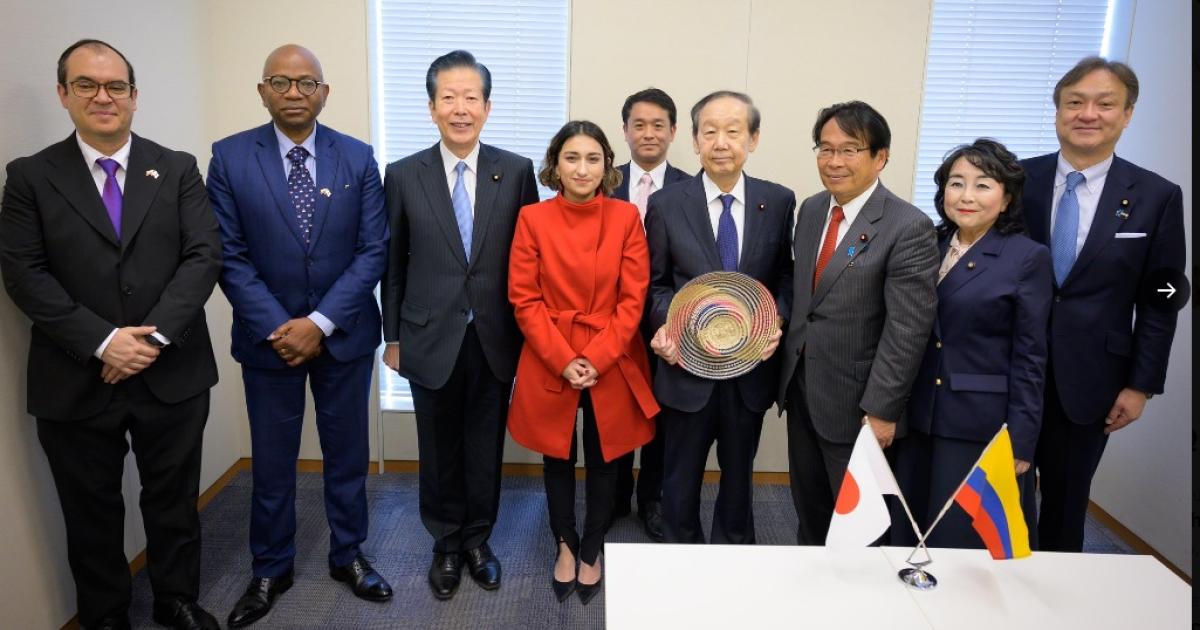Meetings with businessmen and authorities are expected to address issues of energy transition and nanotechnology, among others.
Advances to the work agenda.
Foreign Minister Laura Sarabia began her diplomatic work in Japan, Within the framework of an agenda that will run until next Thursday, April 17, in order to address several bilateral agenda and cooperation issues.
On the first day the official He met with the president of the Parliamentary Friendship League Japan -Colombia, Shunichi Yamaguchi, and members of the Japanese Parliament.
Other news: Presidential elections in Ecuador: Daniel Noboa won the second round and defeated Correism
Loading …
Sarabia reviewed the Japanese delegations the vision of President Gustavo Petro that Colombia is projected as a global power in defense of life and peace. “Colombia is projected as a global power in defense of life and peace. We reaffirm our commitment to active, multilateral and close to peoples,” he said.
Subsequently, the Foreign Minister held a meeting with Sachiko Imoto, senior vice president of the International Cooperation Agency of Japan and in charge of Latin America. In this event, the Foreign Minister reiterated Colombia’s commitment to strategic cooperation, with future vision. In different areas.
Of interest: The writer Mario Vargas Llosa died: he was Nobel Prize for Literature in 2010
The road map proposes to strengthen the Colombian-Japan-Alc triangular cooperation, consolidate ongoing projects (demining, rural development) and boosting new areas such as science, health, climate and gender, Among other issues.
During her visit to Japan, the Foreign Minister thanked the warm reception and expressed interest in bringing the bilateral relationship to a more strategic level, Therefore, he proposed to strengthen educational exchange, investment, trade and innovation cooperation. He also thanked Japan’s support for peace and humanitarian efforts in Colombia.
“Colombia and Japan celebrate more than 40 years of cooperation relationship. Today, that relationship takes a new step: towards artificial intelligence, nanotechnology, energy transition and social development as future pillars,” said the Foreign Ministry.
Source: Integrated information system
















